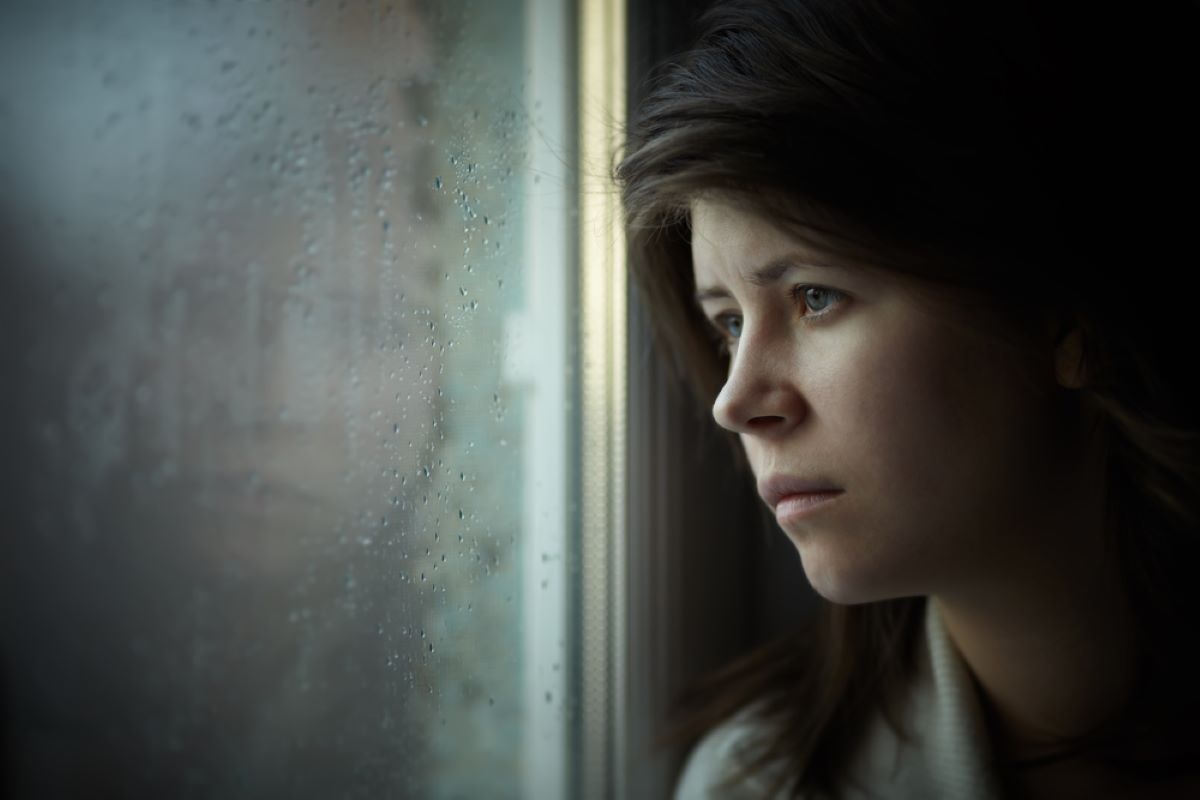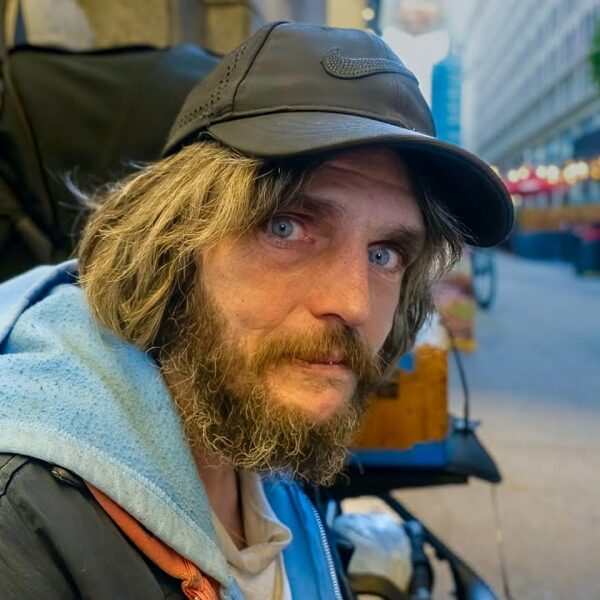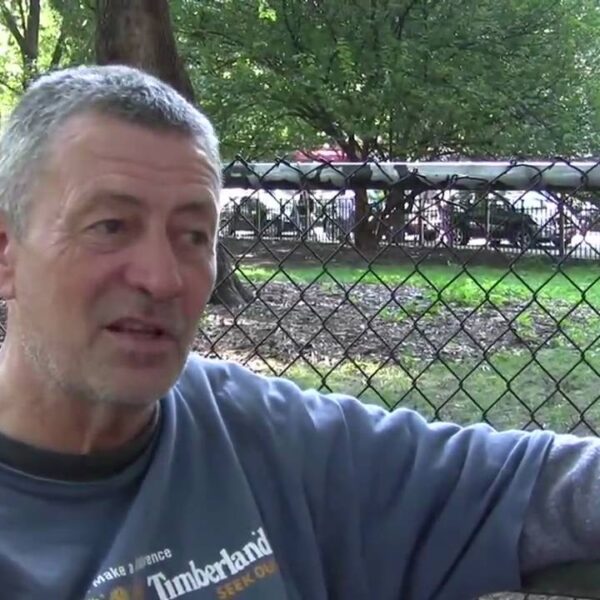Even though my husband and I are safely housed today, I often consider whether we could have done things differently. Maybe if I had done things differently, I could have prevented homelessness for us. I often consider the alternate reality where we were never homeless. I wonder about what kinds of people we’d be today, and if these people, whom never stepped foot on that path, would be happier or healthier. What the world would look like today if I never experienced homelessness?
In my mind, I go back and forth all the time. I tell myself that I did everything. But what if my everything wasn’t enough? Did my husband do everything right? Did I look in all the wrong places for help?
I still doubt myself.
What if we did deserve it? Certainly, many people believed so.
For a very long time, I held tightly to these identical victim-blaming beliefs about myself that much of the general public believe about other homeless and poor people. Perhaps, like myself, others are incapable of accepting the world is not as just as we’d like it to be.
I have largely pondered this phenomenon since re-entering society. I am greatly interested in the why of the matter.
Why do we hate poor people so much?
Why do we blame homeless people for their homelessness?
Poverty is systematic – why do we incessantly reject that fact?
Why do we believe poverty and homelessness is caused by laziness, stupidity, or a character flaw? When, in fact, it’s caused by a multitude of reasons, many of which are attributed to a lack of affordable housing and livable wages?
What if injustices only happened to those who deserve it? Doesn’t that mean it could never possibly happen to us?
That’s a comforting thought, isn’t it?
Blaming the Victim, the Just-World Fallacy, and the Just-World Effect
The “Just-World Hypothesis” suggests people need to believe one will get what one deserves so strongly they will rationalize an inexplicable injustice by naming things the victim might have done to deserve it. The reason: it’s far too frightening to accept bad things can happen to good people; that they themselves have no control over whether bad things might happen to them someday. Instead, they search for ways to differentiate themselves from victims of ill fortune.
Here’s a few examples: 1) People whose houses were destroyed by a tornado probably shouldn’t have chosen to live in a disaster-prone area. Or, even better, they should have simply built a stronger house. 2) Women who were raped shouldn’t have had that drink or worn that dress that night.
You get the idea. Furthermore, in “System Justification: Why People Buy Into Social Inequality“, author Gordon Hodson Ph.D. suggests “People feel a need to justify and support social systems, even unfair systems that harm themselves or their groups.”
This phenomenon described above is called System Justification Theory.
At its core, this theory proposes that “people tend to provide cognitive and ideological support for the existing social system.” More specifically, “there is a general social psychological tendency to rationalize the status quo, that is, to see it as good, fair, legitimate, and desirable.”
In short, homelessness must be my fault. If not, you must accept the fact that it can happen to anyone. Even more importantly, it can happen to you, too. And that’s a difficult and scary reality to accept. I think most of us want to believe the world is a just place. Not to mention, most of us are terrified of poverty and many cannot fathom what it means to be homeless.
I think we want to believe that through hard work, anything is possible. We want to believe, in exchange for obedience, the system will protect us. If we pull ourselves up by our bootstraps, a just world will meet us in the middle and reward us for our blood, sweat, and tears. If we push even harder toward the status quo, nothing bad will ever happen to us. I certainly believed so. And, it wasn’t fun finding out that none of that is actually true.
Yet, through naivety or denial, I believed the cards were so clearly stacked against me. In fact, my sense of the world, as well as my identity was irreversibly shaken upon learning justice would not rule, above all else.
My life was changed in so many ways by homelessness. But it is my world view that has changed the most.
This does not mean I do not believe in justice today. In fact, it’s the very opposite. Now, more than ever, does a new world live in my heart. I feel an urge to live differently, to do better, and to serve more. More than ever, I understand the necessity to reject a system that is unfit for all of us.
I desperately want a just and fair world for all of us. A world where extreme hunger, poverty and homelessness does not exist. I just think, perhaps, an entirely new world will need to emerge to make it so. Clearly, I don’t have all the answers (or really, any, for that matter).
But entertaining hope is a powerful thing. Hope breeds strength and anything is possible when you believe it so. Simply thinking about, and talking about, the possibility of something better, and wanting it enough, is quite a good place to start.













